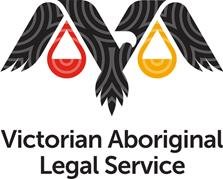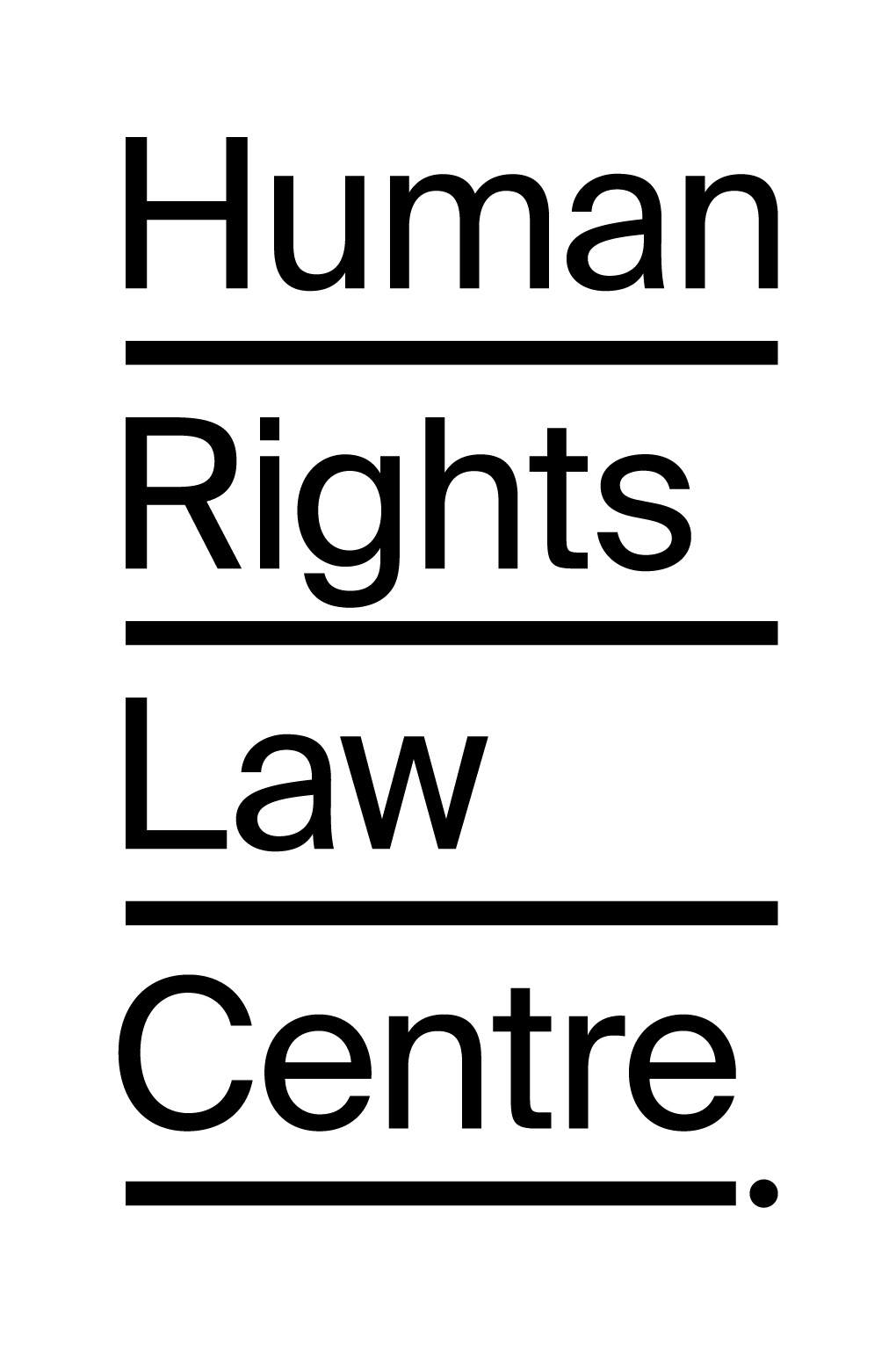Victorian Parliament must seize opportunity to get youth justice reform right now
A coalition of Aboriginal and Torres Strait Islander, human rights, social services, health, youth, religious and legal advocates are calling on the Victorian Parliament to back and strengthen the Youth Justice Bill, which is due to be debated today.
Five years in the making, the draft laws present a promising starting point and an improvement to the status quo, with enhanced provisions on sentencing, cautions and diversions and a statement of guiding youth justice principles welcomed.
There is more the Victorian Parliament can do to ensure that all children across the state have the best possible chance at a safe and healthy life.
Every child should be free to go to school, have a safe home to live in and be supported to learn from their mistakes. The draft laws should be strengthened to enshrine the Government’s commitment to raise the minimum age of criminal responsibility from 10 to at least 14 in law.
Consistent with recommendations made by the Yoorrook Justice Commission and a number of other reports and inquiries, raising the age to at least 14 is the absolute bare minimum reform required to achieve the goal of supporting all Victorian children to thrive in the community.
Any engagement with the criminal legal system causes harm to a child, including first contact with police. This is why we are deeply concerned with proposed powers that will still allow police to transport, detain and use force on children aged 10 and 11 years old once the age is raised. We are concerned these new powers will be disproportionately used by police against children who are Aboriginal or Torres Strait Islander, in residential care, from multicultural backgrounds and communities, in regional areas, and girls with disabilities and mental health issues. These powers will undermine the purpose of the reform and must be abandoned.
The coalition also opposes the proposed trial of harmful and ineffective electronic monitoring on children, and concerning powers that will make it easier for children as young as 16 to be locked away in adult prisons.
The Smart Justice For Young People coalition is calling on the Victorian Parliament to pass a strengthened Youth Justice Bill by:
Enshrining the commitment to raise the age of criminal responsibility to at least 14 years old;
Removing powers allowing police to transport, detain and use force on 10 and 11 year old children;
Scrapping the harmful and ineffective electronic monitoring trial on children; and
Prohibiting the detention of children in adult prisons.
The coalition acknowledges all victims of crime, but increasing police powers and pipelining more children into youth prisons will not fix the problem. The draft laws introduce new sentencing principles that recognise the impacts on victims, and will increase the use of group conferencing to improve rehabilitation for children, address the needs of victims, and help the community move forward together.
Preventing children from having contact with the criminal legal system and helping them reintegrate meaningfully is good for young people and good for the community. Prevention is a shared responsibility, and community-based programs are ready to help children to learn from their mistakes in their communities, not prisons.
Quotes from Nerita Waight, CEO of the Victorian Aboriginal Legal Service (VALS):
“The Victorian Parliament has an historic opportunity to set up a future where our kids can grow up strong, and build a better life for themselves. VALS encourages all members of the Victorian Parliament to carefully consider this Bill which organisations and experts like us have worked on for years, and to pass the best possible version of this Bill.”
“Aboriginal communities and organisations have been working tirelessly for decades to ensure our children grow up strong and connected to Country, culture, community and kin and the Bill is an opportunity to progress that work further.”
“Every child makes mistakes and they ought to be given a chance to learn from those mistakes. No child deserves to be in prison where they are only at risk of further harm and trauma, where they have disparate education and supports. They need support, safe places and a pathway out of the justice system - not one that leads them right back”.
“Experts and organisations like ours have been clear incarceration is not a solution nor does it increase community safety.”
Quotes from Melissa Hardham, CEO Westjustice, Co-Convenor of Smart Justice for Young People:
“The Youth Justice Bill is a positive step forward for children in contact with police and courts. We’re urging the Victorian Parliament to work with a united youth sector to amend the bill to put children and young people at the centre, and pass it as soon as possible so that they can thrive and our broader community flourish.”
Quotes from Monique Hurley, Associate Legal Director at the Human Rights Law Centre:
“Children do not belong in prisons. The Allan Government faces a choice with the Youth Justice Bill: continue ratcheting up a ‘tough on crime’ political agenda which has failed children and the community, or support evidence-based alternatives which work and ensure that every child grows up with their family and community. Raising the age of criminal responsibility from ten to at least 14 years old is the bare minimum reform the Premier must action. Increasing police powers and pipelining more children into youth prisons is never the answer. The answer is always building up the community supports needed to help children avoid contact with - and the harms caused by - the criminal legal system in the first place.”
Quotes from Julie Edwards, CEO of Jesuit Social Services:
“We commend the Allan Government on taking steps to become the first state in Australia to raise the age of criminal responsibility from 10 to 12 years – which will ensure more children can remain connected with school, family and the community, ultimately benefiting us all. It is vital, however, to enshrine in legislation a further rise to 14 and to implement this change as soon as possible to give all children the best chance to lead positive lives. Our research has found that children coming into contact with the criminal justice system before they turn 14 are three times more likely to re-offend as adults than children coming into contact after they turn 14. The criminal justice system is failing these children and the community and there are proven ways to achieve better outcomes for the whole community.”
Quotes from Ariel Couchman, CEO of Youthlaw, Co-Convenor Smart Justice for Young People:
“We support the Youth Justice Bill as it will pave the way to address the needs of many young people and divert them early from the criminal legal system. The opposition are beating up youth crime for their own electoral purposes despite many in their party having expressed publicly that jailing children is no answer. The current small number of children entrenched in the criminal legal system needs intensive attention, not jail. We call on the government to be brave and maintain their commitment to raising the age of criminal responsibility to 14.”
Quotes from Andrew Bruun, CEO of Youth Support and Advocacy Service (YSAS):
"Every young person and family has a story, including young people who become involved in crime. The young people we support and their families have often been exposed to extreme adversity, involving violence and trauma. They go through all of this without the resources and opportunities that people often take for granted. We need a youth justice system that responds to this adversity, not one that punishes people for it."
"Keeping 10 to 14 year olds out of jail and away from contact with the police is a no-brainer if the government is serious about reducing youth crime in the long run. We know we can make a real difference if we build meaningful connections with young people and their families, and offer them evidence-based programs. These services are critical for helping them turn their lives around and move away from crime. However, it is imperative that we have the chance to do this before these young people become entrenched in the criminal justice system.”
Quotes from Mary Nega, CEO of Youth Affairs Council Victoria (YACVic):
“This reform is long anticipated, and the Government is so close. There is no need to disadvantage children who have experienced complex trauma, especially when evidence clearly lays out more successful alternatives.”
Media Contact:
Thomas Feng
Director, Engagement
Human Rights Law Centre
0431 285 275
thomas.feng@hrlc.org.au









